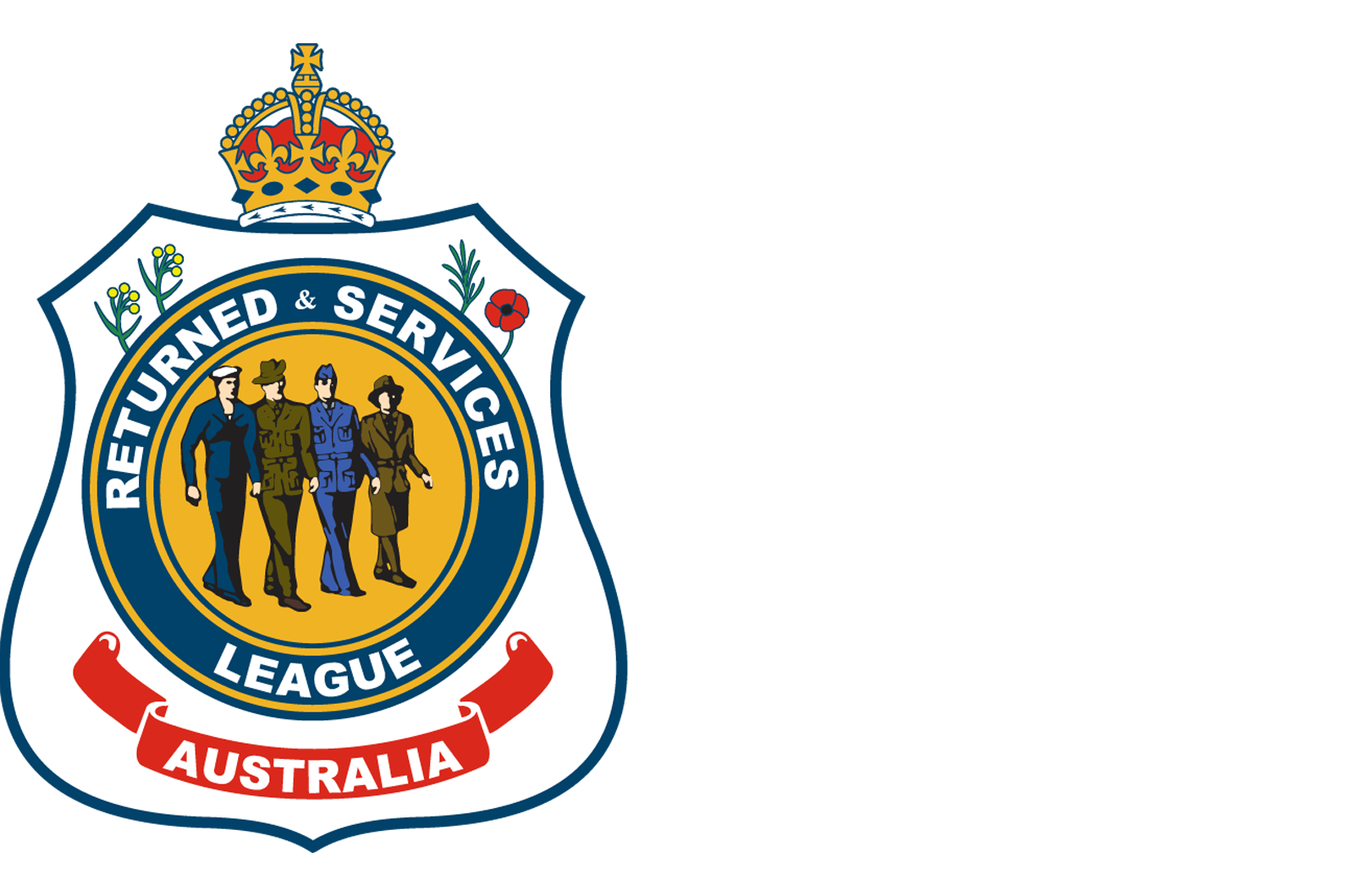News and stories
Stay up-to-date with all the latest news from RSL Queensland. Discover key updates, handy hints, inspiring veterans’ stories, and more.
Latest news and stories
Check out the latest news, including important announcements, helpful tips, and inspiring stories from the veteran community.
Queensland RSL News
Read the latest edition of Queensland RSL News magazine, featuring insightful articles, community updates, and a closer look into RSL Queensland’s work supporting veterans and their families.

Annual reports
Our annual reports capture RSL Queensland’s key achievements, priorities and performance for each calendar year.
Each annual report is prepared in accordance with RSL Queensland’s Constitution and released ahead of State Congress.

Latest news






.jpg%3Fh%3D450%26iar%3D0%26w%3D600&w=3840&q=75)











